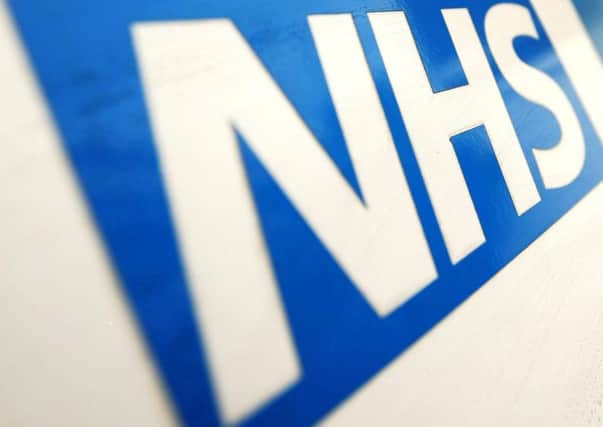Exclusive: NHS money ‘wasted’ on empty properties


The charges are proving a growing burden on GP-led clinical commissioning groups (CCGs) which have been ordered to pick up the costs of “void space” in community NHS buildings under the coalition Government’s controversial NHS reforms.
Payments uncovered by The Yorkshire Post include more than £6 million in Doncaster for a number of newly-built clinics including one under-used centre which has cost £1m in the last two years.
Advertisement
Hide AdAdvertisement
Hide AdA total of £650,000 has been spent to cover the costs of empty offices in Huddersfield, with total payments for unused office accommodation in Yorkshire approaching £1.5m.
Overall, The Yorkshire Post calculates at least £17m has been paid out in the region in the last two years, with bills running to seven figures in Sheffield, Barnsley, Hull, Bradford and Leeds, as well as Doncaster. If the same pattern was repeated across England, total bills would hit £150m-£200m.
Today GP leaders say they are growing increasingly frustrated at the scale of the payments to two firms set up by the Department of Health to manage buildings - NHS Property Services and Community Health Partnerships - which also see CCGs picking up costs of below market rents paid by tenants.
Julie Wood, director of NHS Clinical Commissioners, which represents CCGs, said it had raised the payments nationally to resolve critical issues which could affect the “much-needed transformation of health and care services for patients”.
Advertisement
Hide AdAdvertisement
Hide AdShe said: “Our members have identified some serious concerns about the lack of a clear national strategy to develop NHS primary care estates and the impact of that locally.
“Premises are a critical element of CCG plans to move care out of hospitals into more integrated community services and many CCGs are finding that they are having to pay large sums of money on ‘void costs’ to NHS Property Services with no obvious return on investment for their patients or local populations.”
The biggest bill so far in Yorkshire has been for the Stone Castle Centre in Conisbrough, Doncaster, which opened less than four years ago at a cost of £7m to provide GP and other health services, but where bills for empty space have topped £1m in the last two years.
At The Flying Scotsman Centre in Doncaster, which also opened in 2011 at a cost of £8m and provides walk-in services in the town centre, empty space has cost £900,000 over the same period.
Advertisement
Hide AdAdvertisement
Hide AdEmpty offices at Broad Lea House in Huddersfield, first occupied by NHS bureaucrats only five years ago, cost £650,000 in 2014-15, while vacant office accommodation at Bradford’s NHS headquarters at Douglas Mill cost £160,000 in the last year. Empty offices at Dean Clough, Halifax, have cost nearly £440,000 since April 2013.
A spokesman for NHS Doncaster CCG said The Flying Scotsman Centre will be fully occupied in the coming year.
He added: “We have been working on reducing the cost of void space for some time and managed to reduce the figure by over £900,000 last year, compared to the previous year.
“We are working collaboratively with Doncaster’s two foundation trusts and local authority to review our collective estate to see how we can jointly utilise the buildings more effectively. We are working towards achieving zero void costs but recognise that will take some time as it may involve some rearranging of services and we would want to consult with patients first.”
Advertisement
Hide AdAdvertisement
Hide AdA spokesman for NHS Property Services said: “We are working with CCGs across Yorkshire to identify surplus premises and void space within the portfolio and to ensure such space is either leased or, if declared surplus by our commissioners, disposed of to reduce costs and realise savings for the NHS.
“We have also established a dedicated programme to formally document occupation details in all our buildings as part of our work to regularise leases and ensure fair and consistent charges.
“We have a clear duty on behalf of the taxpayer to ensure our buildings are as well-used as possible and charging for empty space ensures the amount of it is kept to a minimum. Obviously all empty space still requires upkeep and maintenance, so we need to recover these costs.”